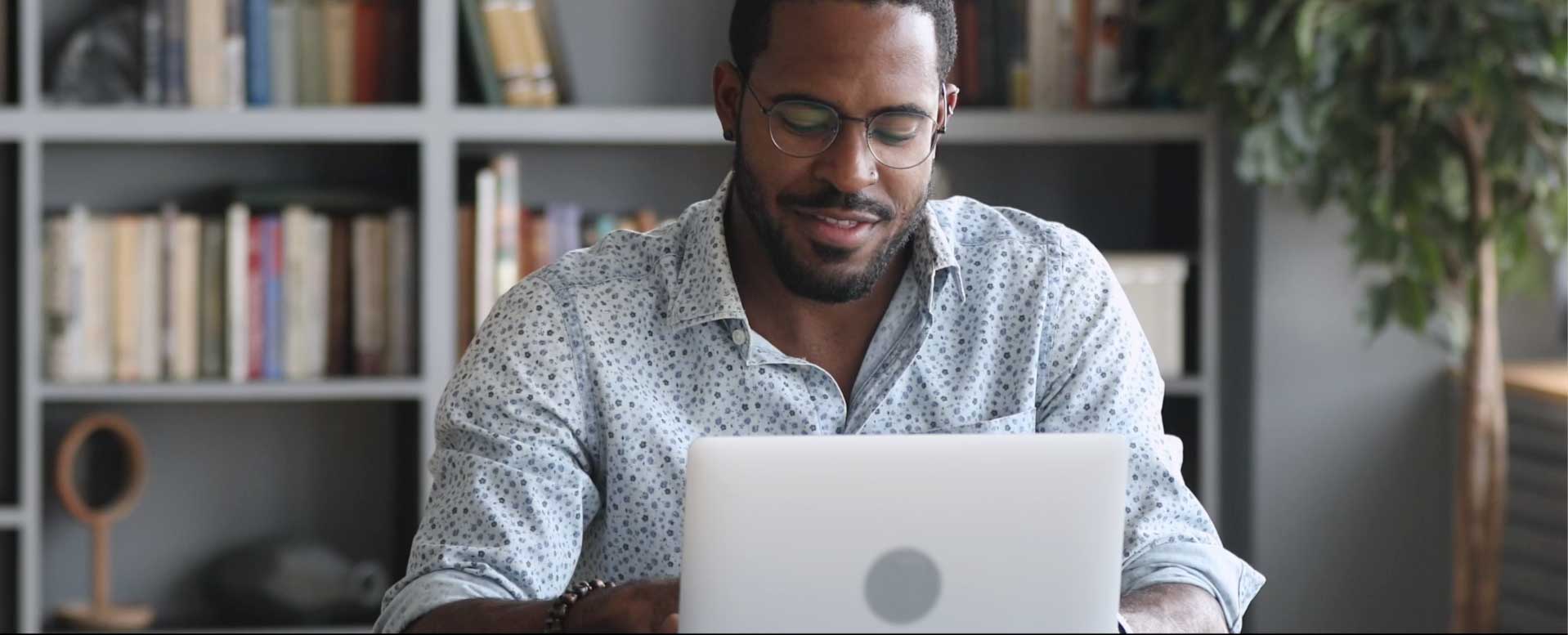
We’re making some changes!
You might notice things look different around here. We've recently updated the Pearson brand, so you’ll see a new look. Plus, Pearson VUE will now be known as Pearson Professional Assessments. Because it might take some time to update everything, you may see a mix of old and new for a while — but rest assured, you're in the right place!
What hasn't changed? Everything else you’re familiar with—our globally recognized credentialing programs, expert exam development, and secure test delivery—stays the same.
You’ve done the prep — now you get to prove yourself.
There’s a certification or license for just about anything. But no matter which specialty you’re pursuing, the journey concludes with an exam. And that comes with a lot of decisions.
When and where can I test? Do I need study aids and prep materials? What rules should I know about? Are there program-specific policies?
It might feel a bit overwhelming, but don’t worry — it’s all here. And we’ll help you navigate every point on the testing journey.

Get started on your program’s homepage.
Find your exam using the search bar at the top of the page or the A-to-Z list.
Once there, you can:
- See which exams are available
- Log in or create an account
- Search for a local test center – or see if you can take your exam online
- Find program-specific rules, customer service, and FAQs
- Schedule, reschedule, or cancel appointments
- Explore exam prep materials




Questions?
Let's get you answers. We recommend reviewing the frequently asked questions for general testing first. If you don't find what you're looking for, contact your program-specific customer service team.

About us
At Pearson VUE, we believe learning takes us from potential to progress. That’s why we deliver the high-stakes exams that help industries and individuals make an impact on their professions, communities, and the lives of others.

